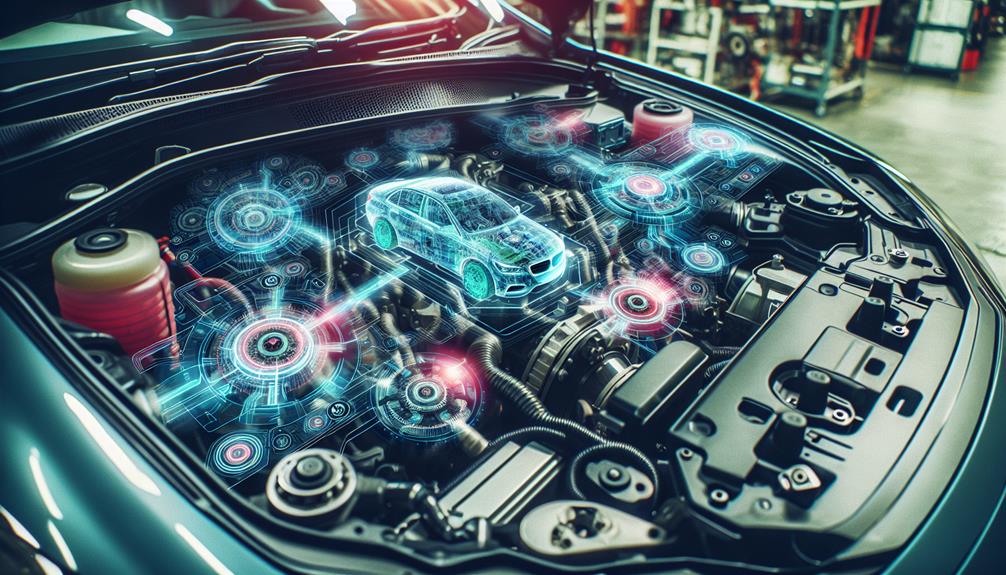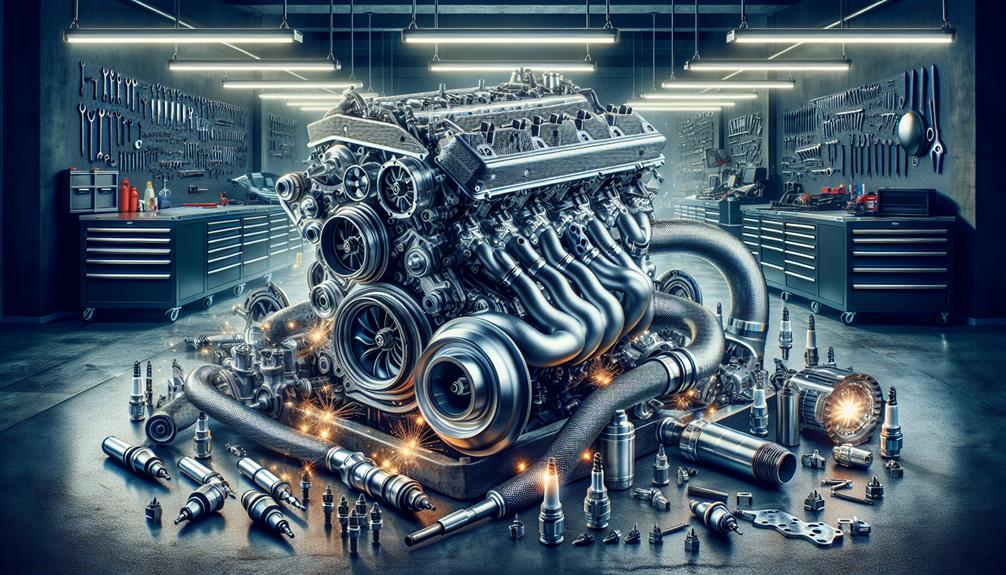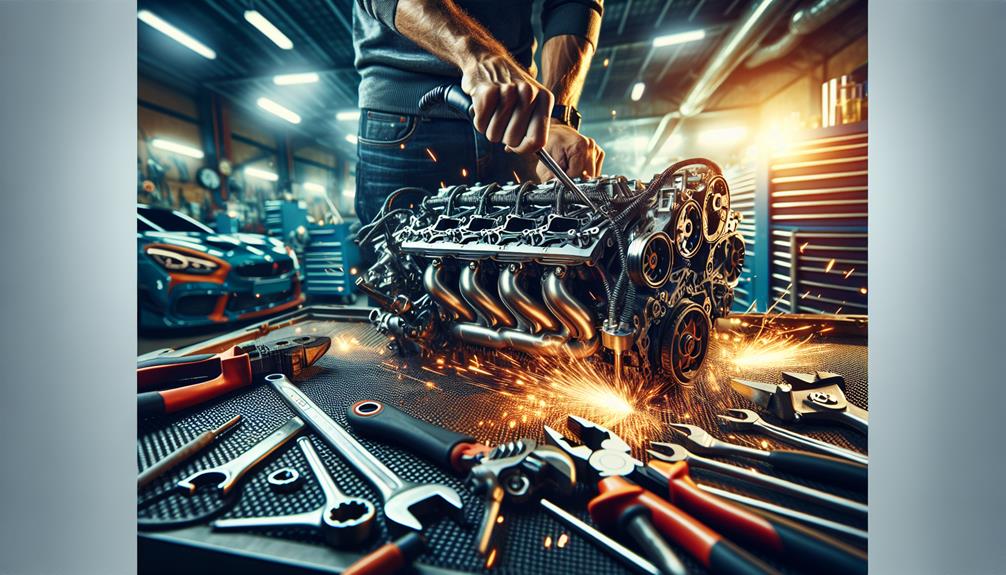
Engine Diagnostics: Decoding the Mystery Under the Hood
February 9, 2024
Turbocharged: Secrets of High-Performance Engine Upgrades
February 9, 2024In the intricate world of auto repair, the science of engine tuning is an art that is both complex and intricate, requiring an understanding of mechanical systems and the interplay between them. Fundamentally, engine tuning is the process of adjusting, modifying, and fine-tuning the internal combustion engine to achieve optimal performance, fuel efficiency, or even particular power output. However, delving into the realm of advanced techniques, such as turbocharging, supercharging, and direct fuel injection, reveals a labyrinth of possibilities that can push an engine’s potential to its maximum limits. This discourse aims to dissect these techniques, shedding light on their functional principles, implementation strategies, and potential impact on engine performance. Stay with us as we navigate through the complexities of these methodologies, unraveling the potential they hold to transform an average engine into a high-performance power unit.
Understanding Advanced Engine Modifications
Delving into the realm of advanced engine modifications necessitates a comprehensive understanding of intricate mechanical components and their interplay in optimizing an engine’s performance. The process involves strategic adjustments to the engine’s design parameters, such as the air/fuel mixture ratio, ignition timing, and valve timing. These amendments can significantly enhance the engine’s power output, fuel efficiency, and overall performance. Consideration must be given to the thermal stresses and other mechanical constraints that such modifications may impose on the engine. The key lies in achieving a balance between power and longevity, ensuring that the engine doesn’t overheat or fail prematurely. Understanding advanced engine modifications is more than a skill—it’s an art, mastered only by those willing to delve deep into the heart of mechanical engineering.
Implementing Performance Tuning Techniques
In the realm of performance tuning, the application of advanced techniques involves precise modifications to the engine’s internal configurations, which can yield significant improvements in power output and fuel efficiency. Implementing these techniques requires a comprehensive understanding of engine dynamics and a meticulous approach to modifications.
The process typically involves alterations to the engine control unit (ECU) maps, optimising the air-fuel mixture, adjusting the ignition timing, and modifying the camshaft profiles. Precise fuel delivery is crucial, ensuring optimal combustion and increased engine performance. Ignition timing alterations can enhance the engine’s power output, while camshaft modifications can improve valve timing. Each adjustment contributes to a harmonious blend of improved engine performance, achieved through a diligent application of advanced tuning techniques.
Conclusion
In conclusion auto repair, advanced techniques in engine tuning offer an intriguing exploration into the intricate workings of automotive machinery. These modifications, when implemented with precision, yield significant improvements in performance and efficiency. This journey through the engine’s dynamics, akin to a well-crafted symphony, illuminates a world of power and potential hidden beneath the hood, transforming the seemingly ordinary into extraordinary, and epitomizing the art and science of automotive mastery.




